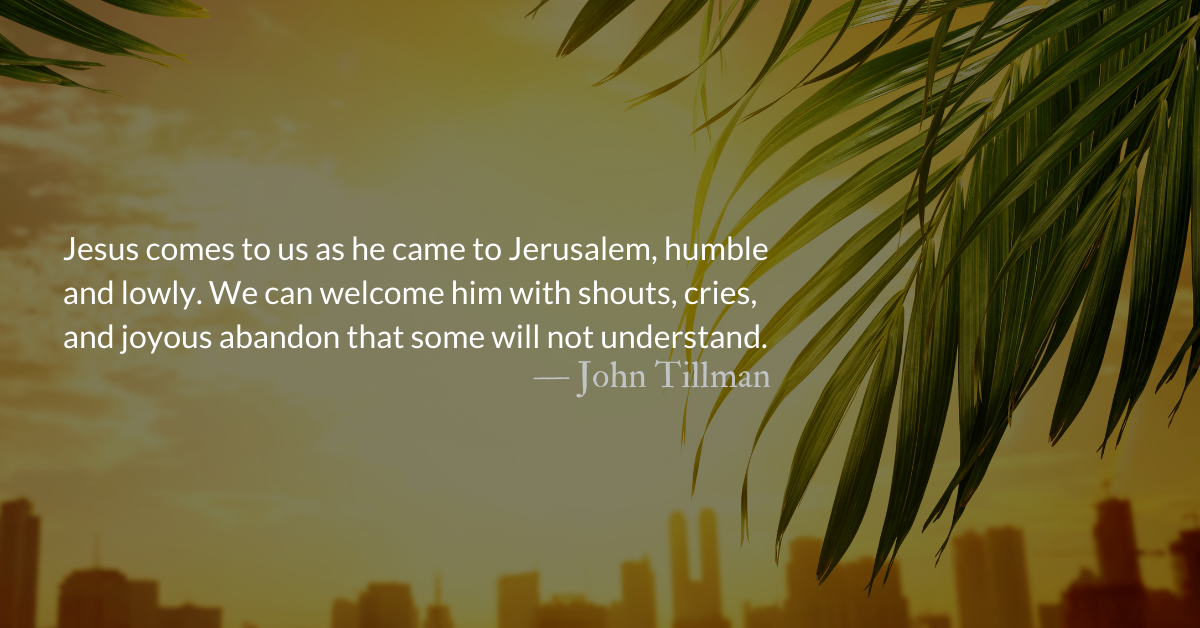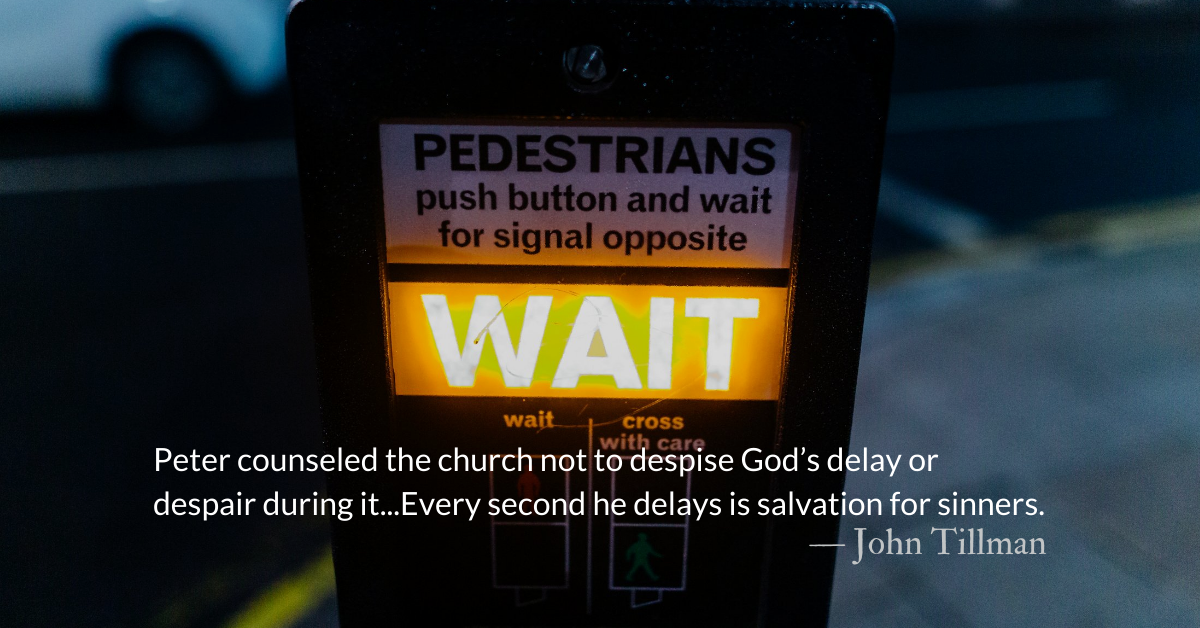Readers’ Choice Month:
This September, The Park Forum is looking back on readers’ selections of our most meaningful and helpful devotionals from the past 12 months. Thank you for your readership. This month is all about hearing from you. Submit a Readers’ Choice post today.
Today’s post was originally published, on April 11, 2022, based on Psalm 145.1-4, 1 Chronicles 15.29, and Luke 19.39-40
It was selected by reader, MT.
Scripture Focus: Psalm 145.1-4
1 I will exalt you, my God the King;
I will praise your name for ever and ever.
2 Every day I will praise you
and extol your name for ever and ever.
3 Great is the Lord and most worthy of praise;
his greatness no one can fathom.
4 One generation commends your works to another;
they tell of your mighty acts.
1 Chronicles 15.29
29 As the ark of the covenant of the Lord was entering the City of David, Michal daughter of Saul watched from a window. And when she saw King David dancing and celebrating, she despised him in her heart.
Luke 19.39-40
39 Some of the Pharisees in the crowd said to Jesus, “Teacher, rebuke your disciples!”
40 “I tell you,” he replied, “if they keep quiet, the stones will cry out.”
Reflection: Daughters of Saul and Sons of Moses—Readers’ Choice
By John Tillman
Yesterday, Palm Sunday, we celebrated Jesus’ arrival into Jerusalem and the week leading to the crucifixion and resurrection. (Matthew 21.1–11; Mark 11.1–11; Luke 19.28–44; John 12.12–19)
Like David’s procession of the Ark of the Covenant entering Jerusalem, Jesus’ processional was met by a joyous crowd. In both cases, there were those who wanted to steal the joy of the moment.
Michal, daughter of Saul and wife of David, critiqued the celebration. (1 Chronicles 15.29) She claimed to be concerned about propriety and modesty, but David’s response implied that her moralizing concealed a concern about power. (2 Samuel 6.20-23) The daughter of Saul despised this lowly king.
Likewise, religious leaders objected to crowds singing about Jesus “Hosanna to the Son of David! Blessed is he who comes in the name of the Lord!” (Psalm 118:25,26) They publicly voiced concerns about blasphemy but privately they were concerned about power. They didn’t want to upset Rome. (John 11.48) The sons of Moses despised this lowly teacher.
Psalm 105 is the Psalm listed in Chronicles as one David (or Asaph at David’s direction) sang on the occasion of the Ark’s entry. (1 Chronicles 16.7-11) However, despite Psalm 145 not having a date or event attached, one could certainly imagine its celebratory tone going well with the procession David led or the procession of Jesus the Son of David.
Those traveling up to Jerusalem would sing psalms on their ascent, preparing for and celebrating being in the presence of God. We can pray and sing these psalms with the same sense of anticipation. Jesus comes to us as he came to Jerusalem, humble and lowly. We can welcome him with shouts, cries, and joyous abandon that some will not understand.
Welcome him this week and every week as the only rightful king of our hearts. We must depose our affection for other Saul-like kings. We must abandon vestiges of religion which grasp at power rather than righteousness.
Do not let daughters of Saul or sons of Moses steal your joy in the lowly king, the humble teacher. Let us exalt him with pure praise and abandon. Let us ensure the next generation joins in with us.
“I will exalt you, my God the King;
I will praise your name for ever and ever.
Every day I will praise you
and extol your name for ever and ever.
Great is the Lord and most worthy of praise;
his greatness no one can fathom.
One generation commends your works to another;
they tell of your mighty acts.”
Divine Hours Prayer: The Call to Prayer
Search for the Lord and his strength; continually seek his face. — Psalm 105.4
– From The Divine Hours: Prayers for Summertime by Phyllis Tickle.
Today’s Readings
Jeremiah 42(Listen 3:44)
2 Corinthians 2 (Listen 2:13)
Today’s Readings
Jeremiah 43(Listen 2:34), 2 Corinthians 3 (Listen 1- 2:25)
Jeremiah 44(Listen 6:10), 2 Corinthians 4 (Listen 1- 3:02)
Read more
Read more about A Way Back for Strivers
If we wrestle with you God, you will bless…If we will return to you, God, you will heal
Readers’ Choice is Here!
We want to know about your favorite post from the last 12 months! Tell us about it and we will repost it in September.










